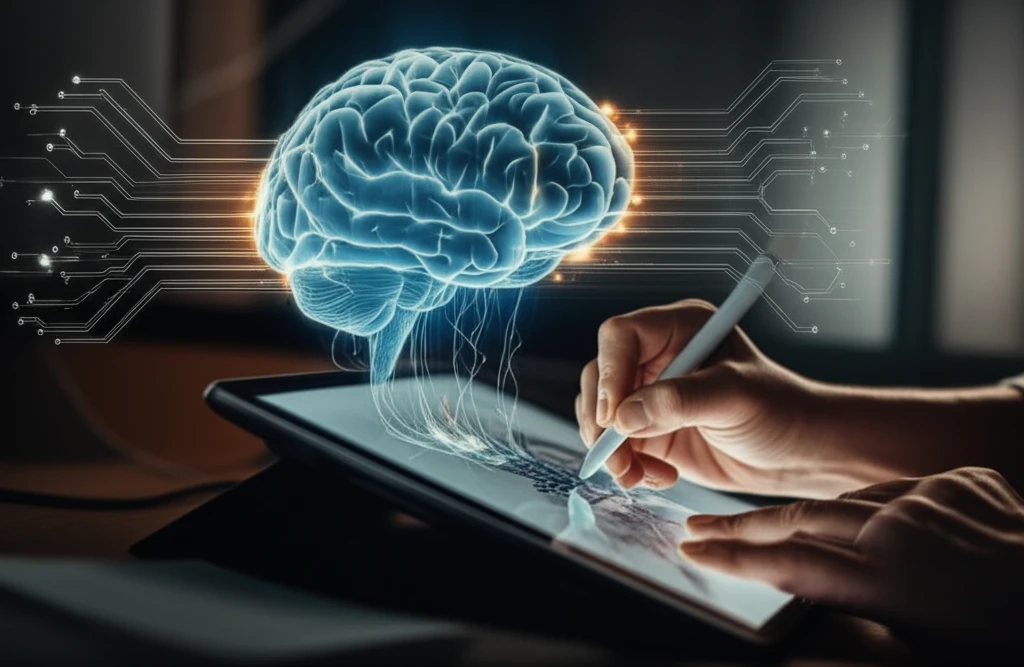
Unlock Your Potential: How Perceptual Learning Can Enhance Performance
"Move Beyond Traditional Methods and Discover the Power of Perceptual Instructions in Skill Development"
In our daily lives, we often rely on verbal instructions to guide others in performing various tasks. We tend to believe that providing clear instructions on the movements required will lead to successful execution. However, is this always the most effective approach? A significant amount of research has been conducted on skill and task performance, investigating how different types of instructions can enhance our abilities.
Traditionally, skill development has focused on methods like 'knowledge of results' (KR), attentional focus, and understanding perception and action constraints. However, recent insights from perceptual control theory (PCT) suggest a more effective approach. PCT-based task analysis techniques, such as PERCOLATE, offer a better understanding of how instructions can facilitate skill performance by emphasizing desired perceptions rather than observable actions.
This article delves into the innovative idea that concentrating on the intended sensory experiences of a skill, as opposed to detailed physical movements, can dramatically improve performance. By transforming how we think about training and learning, we can unlock new levels of precision and efficiency in skill execution.
The Power of Perceptual Instructions: Enhancing Skill Performance

Traditional methods often rely on feedback given after an action to help learners adjust their behavior. This approach, known as 'knowledge of results,' can be beneficial during initial learning phases but may hinder long-term retention and performance. The 'guidance hypothesis' suggests that over-reliance on feedback can inhibit normal learning processes.
- Knowledge of Results (KR): Feedback given after a performance.
- Attentional Focus: Directing attention to external environmental aspects.
- Perceptual Control Theory (PCT): Focuses on desired perceptions rather than actions.
Transforming Skill Acquisition: The Future of Perceptual Learning
By focusing on perceptual instructions, we can create more effective training programs that enhance skill acquisition and retention. Understanding and applying these principles can revolutionize how we approach learning and development, leading to significant improvements in performance across various domains. Encourage further research and exploration to fully unlock the potential of perceptual learning.
